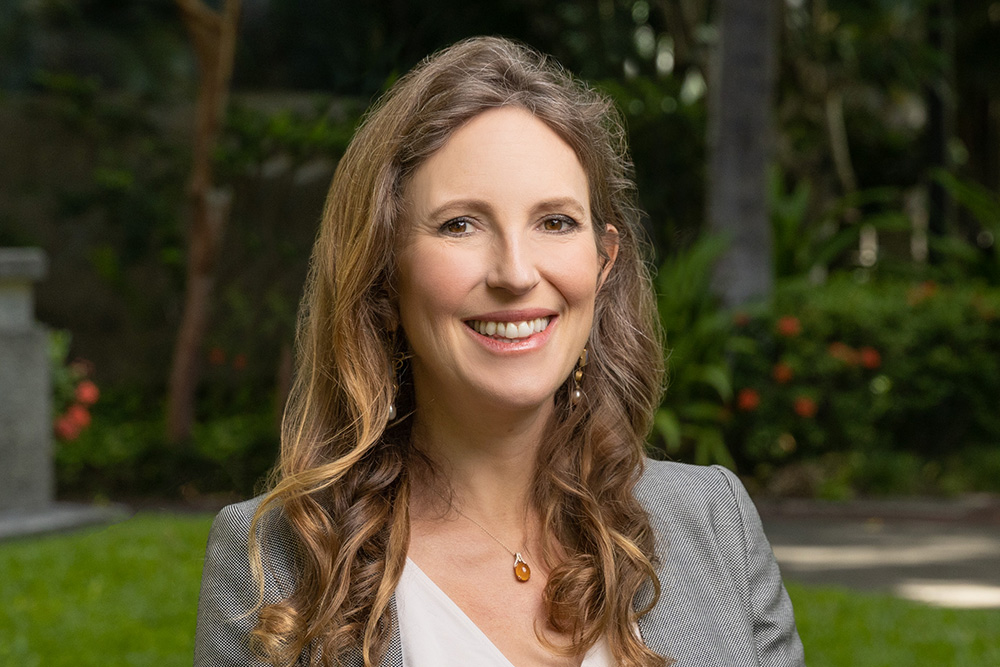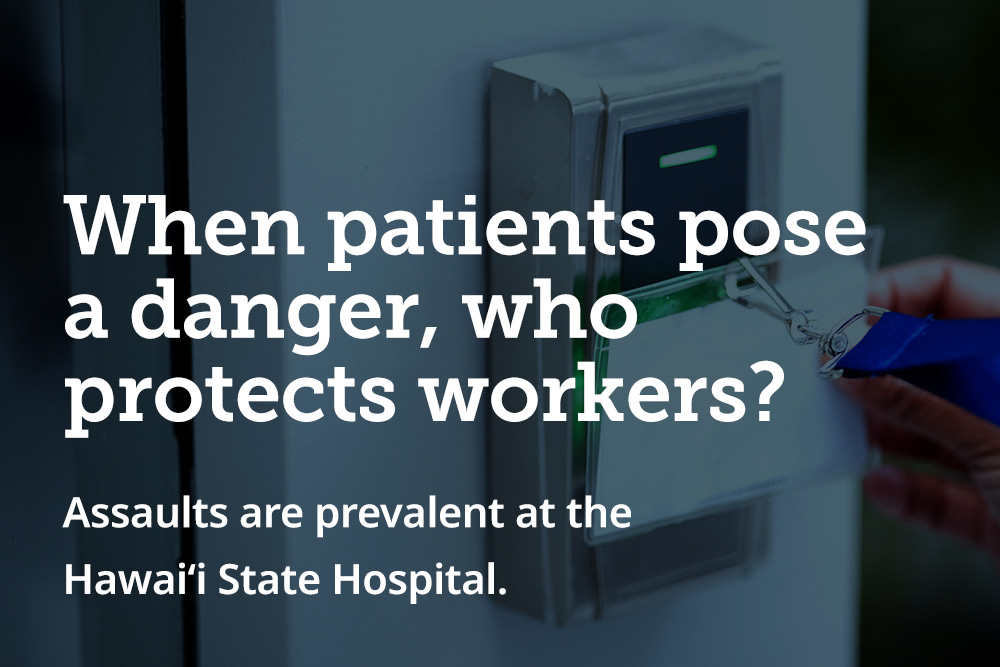Hawai‘i has become the new ground-zero in the war over pesticides and GMOs (genetically modified organisms).
The Hawai‘ian islands have evolved into a base for the development of genetically engineered corn as well as other crops that are sold around the world. Chemical companies have relocated to the state, and where sugar cane and pineapples once grew, one can now easily find corn fields.
What is the Controversy around Pesticides?
Not everyone is rolling out the red carpet for the chemical companies, sometimes called agrichemical companies because of the mix of chemical technology and agricultural science. Activists who are opposed to genetically engineered crops have joined with residents who say corn farms expose them to dust and pesticides. Together, they are working to vote them off of the island, or at the very least reign them in.
When sugar cane was replaced by corn, Michiyo Altomoare, a Kauai resident, says the winds began carrying fine red soil that coated her counters, forcing her family to shut their windows and install central air-conditioning. And when she began to smell pesticides she contacted the police.
How are Residents Exposed to Pesticides?
When pesticides are sprayed over crops, the pesticides can become airborne and blown by the wind away from the intended agricultural field. This is called pesticide drift. The pesticide drift can be carried downwind into nearby neighborhoods contaminating homes and exposing residents to toxic chemicals.
Why Hawai‘i?
GMO seed companies counter their operations are safe and that the industry is essential to Hawai‘i’s economy, going so far as to say that curtailment of the Hawai‘i operations would disrupt agriculture for the nation. Seeds are Hawai‘i’s leading agricultural commodity, contributing $264 million to the economy and 1,400 jobs, according to a study commissioned by the companies.
These companies have no intention of walking away easily. They’re in Hawai‘i because the warm climate allows for three corn crops to be harvested in a year, compared with one in the Midwest. That accelerates the several generations of crossbreeding needed to perfect a new variety.
How are Birth Defects Linked to Pesticides?
Pesticides continue to be a large concern across the islands from noxious odors near a middle school, to seemingly unusually high rates of asthma, cancer, and birth defects. Local doctors report seeing more than 10 times the national rate of birth defects, like heart malformations, in the state of Hawai‘i and say that more study is needed. However, many of the pesticides being heavily used on Kauai, Maui, and throughout the neighbor islands have been linked to a number of birth defects including:
- Cardiac conditions
- Limb abnormalities
- Spina bifida
- Gastroschisis
Still, demands have intensified for further studies and for disclosure of what pesticides are used. In addition to disclosure, forthcoming bills aim to establish no-spray zones around schools, hospitals, residences, public roads and waterways.






